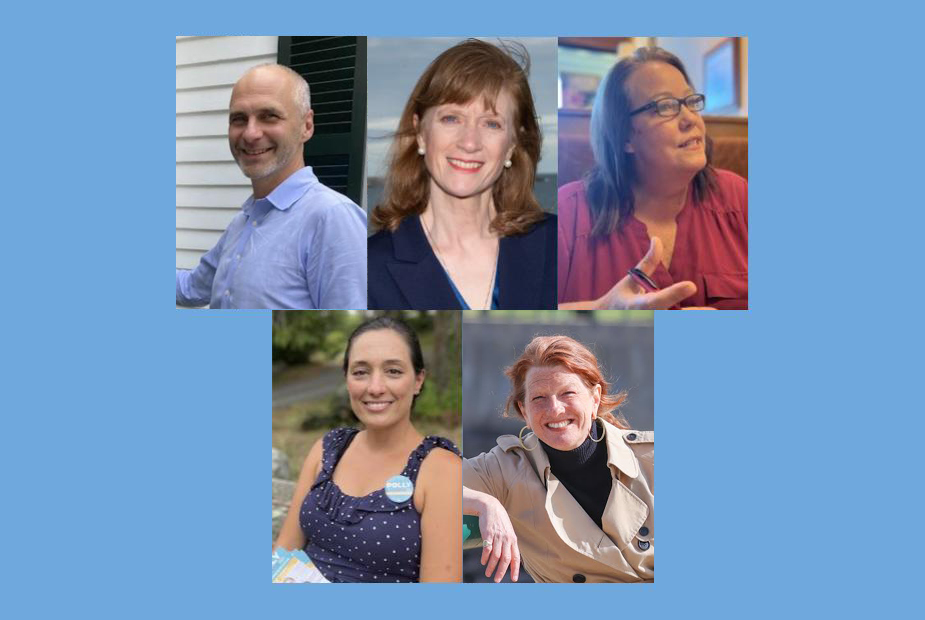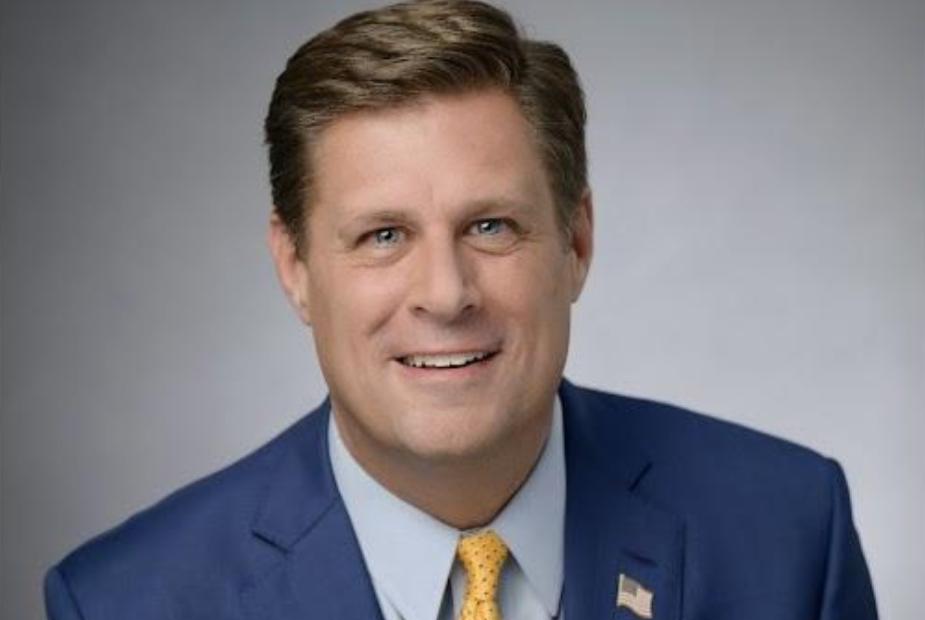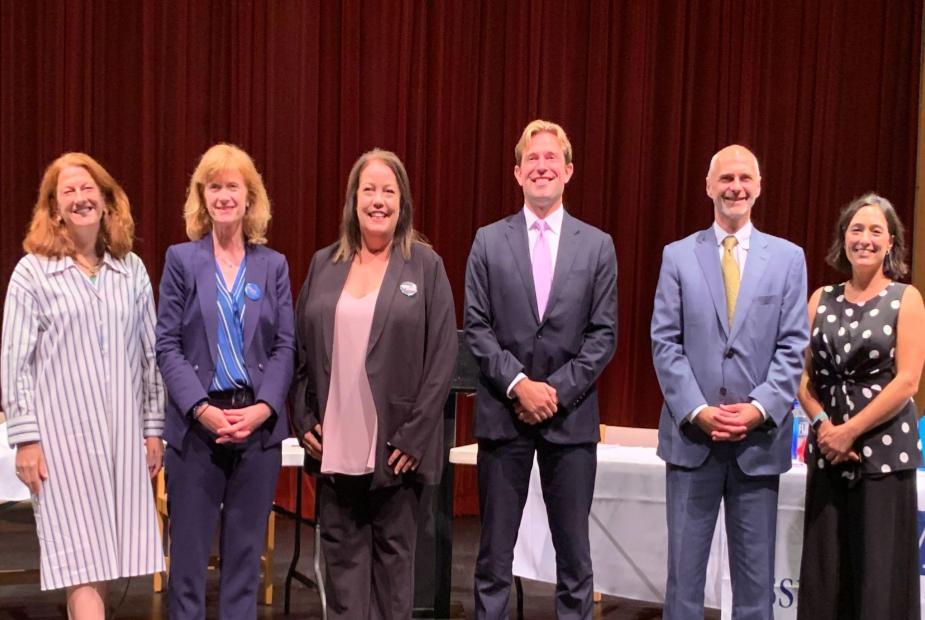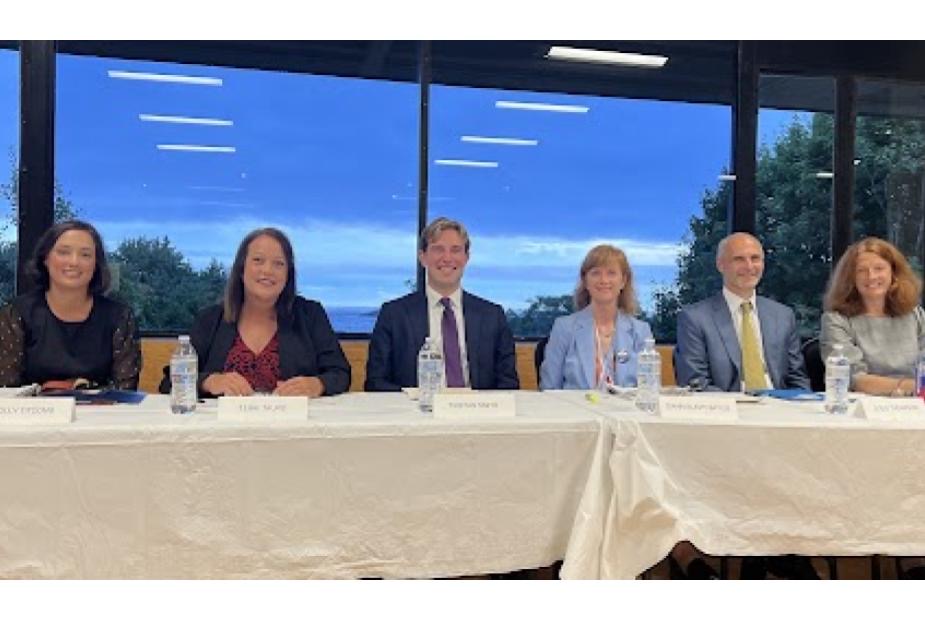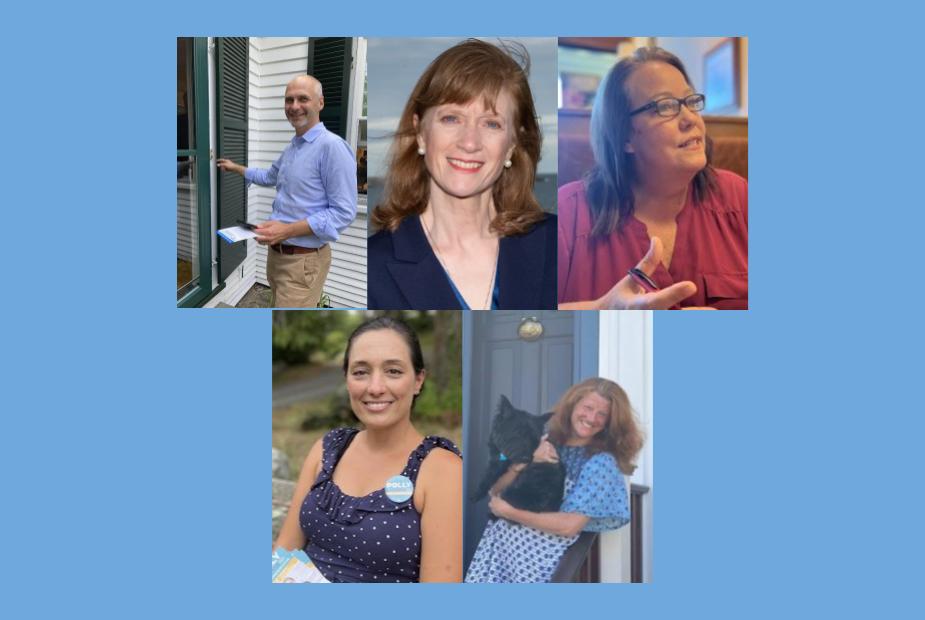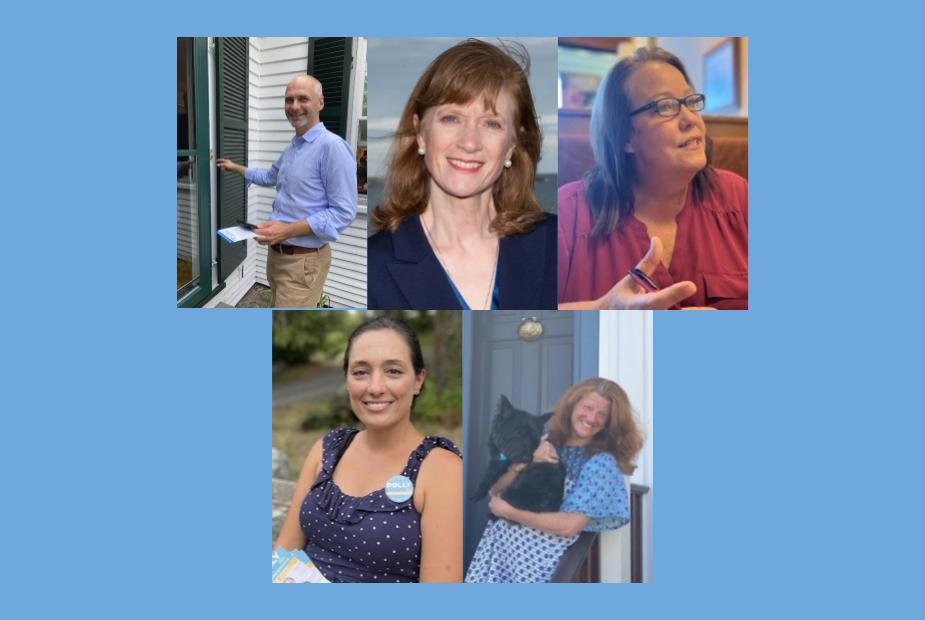Day Three of Q & A With the Candidates for State Rep
On September 6, 2022, six Democrats will face off in the primary for the 8th Essex District State Representative seat. There are no Republicans or third-party candidates running. Barring a strong write-in candidate in November, the winner of the primary among the Democrats will be the new state representative for our district.
Marblehead Beacon sent each of the six candidates a questionnaire. On Monday, we began publishing their responses and published several lighter questions and answers the following day. Today we offer another substantive question we posed to the candidates along with each of their answers. We will continue this pattern over the coming days.
Editor’s Note: After several emails and two phone calls, the only response we received from Tristan Smith's campaign was from a spokesperson who said the candidate might be too busy to complete the questionnaire. He was the only one of the six candidates who did not submit answers.
You have stated that you support the so-called Fair Share Amendment to amend the Massachusetts Constitution and create a permanent additional four-percent tax above the existing state income tax of five percent for those whose income exceeds $1 million. The monies collected by the government are earmarked for transportation and education. Critics have pointed out, however, that the wording in the proposed constitutional amendment states that funding is “subject to appropriation,” and could therefore end up in a general fund–slush or otherwise. They also have pointed out that this tax would be levied upon small business owners or retirees who sell a business to fund their retirement nest eggs. Are these concerns unfounded? Why or why not?

Jenny Armini
The Fair Share Amendment has passed through two legislatures and a constitutional convention. If approved by the voters, such success will represent an enormous amount of political will, which would serve as a check against using these funds to back-fill annual appropriations. One possible tool is a “lock box,” setting aside Fair Share proceeds and limiting withdrawal to their intended use.
In terms of cost, the Fair Share Amendment will apply to just .6 percent of the state’s population. Yet, the impact of these dollars will positively improve the lives of millions. I believe it’s worth it.

Diann Slavit Baylis
I support the Fair Share Amendment for two reasons – because it would create a fairer tax structure in Massachusetts, and because it would raise revenue for two of my leading priorities where major new investments are needed, education and transportation. Assuming that it passes, and understanding that the revenue that comes in as a result would remain subject to appropriation by the Legislature, I will strongly advocate that these funds should be used for the purposes that voters anticipated when they cast their ballot, education and transportation. As education is covered by another question below, I’ll focus here on the importance of investment in transportation. I ride the T to get to work, so I know first-hand what many of our neighbors are experiencing – the T is a complete disaster. People in this region deserve a safe, reliable, green, and modern public transit system (along with roads and bridges that are in good condition) because that’s what we pay for, and it’s critical to our regional economy. Instead what we have is a crumbling system that belongs in a museum, where the trains are literally catching on fire on a regular basis, with passengers having to jump for their lives from the windows. The MBTA stop where that poor man was dragged to his death a few months ago, Broadway, that’s my stop to get to my office. Now an entire subway line is out of commission for an entire month. This is unacceptable. We can and must do better than this. We need a major investment in upgrading the MBTA so that we at least have a functional, safe and reliable system up and running. From there we need to focus on making the system more modern, accessible and environmentally responsible, including the electrification of our commuter rail line so that we can run smaller trains more frequently to North Station, that are better for the environment. And we need to focus on regional transit options for people just trying to get around locally, especially for our seniors, and greater support for shuttle services run by our councils on aging is one way to address that. That’s what we should do relating to transportation with revenue from the Fair Share Amendment, along with federal infrastructure funding that is available for these purposes.
Tristan Smith: Did not respond to questionnaire. See editor’s note above.
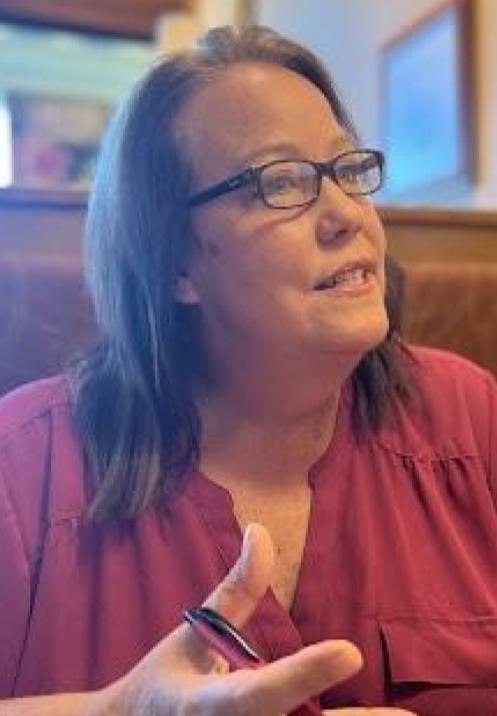
Terri Tauro
That’s a scare tactic, but it’s not true. When an asset like a home or a business is sold, tax is due only on capital gains minus deductions, not on the sale price of the asset. Someone who makes a large financial gain from selling their ownership in a large or small business could pay some Fair Share tax, but only on the portion of their total taxable personal income over $1 million. There is also a $250,000.00 deduction per owner/spouse on the sale of a home.The bottom line is, if someone is selling a large enough business or home to have more than 1.5 million in income that year, they can afford to pay the 4% on anything over the 1.5 million.
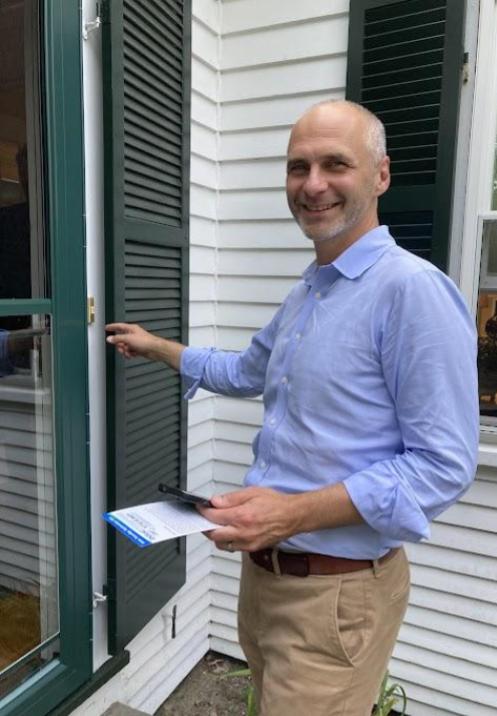
Doug Thompson
The Attorney General and the Courts have ruled that there should not be a concern about these additional revenues not being added to current revenues in those categories. I do know for sure that if elected, I will work to ensure any additional Fair Share revenues are additive to current spending so that we can make very necessary investments in education and transportation. As for the second concern, there are ways for small businesses or retirees to structure a sale to address a large one-time sale price triggering the Fair Share surtax
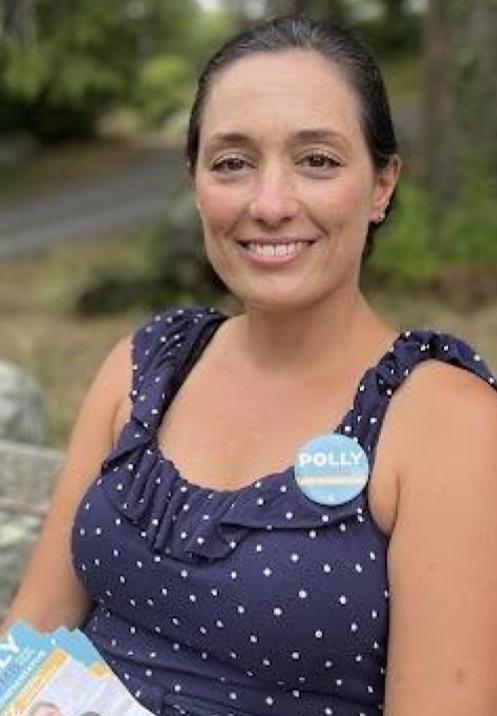
Polly Titcomb
Regarding the appropriation of the fund that will be created by the Fair Share Amendment, it is true that ballot petitions cannot appropriate money or tell the legislature how to spend it. In that sense, it is a concern of mine that the fund does not automatically go towards education and transportation as it is intended and as voters believe it will. If I were elected, I would be fully committed to fighting for the funds to be actually earmarked for education and transportation, two sectors that need great investment. As an experienced public servant and attorney, I have the experience negotiating and working with parties on the other side of an issue needed to secure this appropriation as State Representative.
As for the impact of the Fair Share Amendment on small business owners, I do recognize that there is a difference between earning an annual income versus a one-time revenue that is classified by income by the tax code. The Fair Share Amendment will impact less than 1 percent of Massachusetts taxpayers and so I would need to know more about the small business owner population that would be affected before being able to fully understand the concerns cited. That being said, I fully believe that earners of over 1 million dollars should be taxed at the proposed additional 4 percent.

